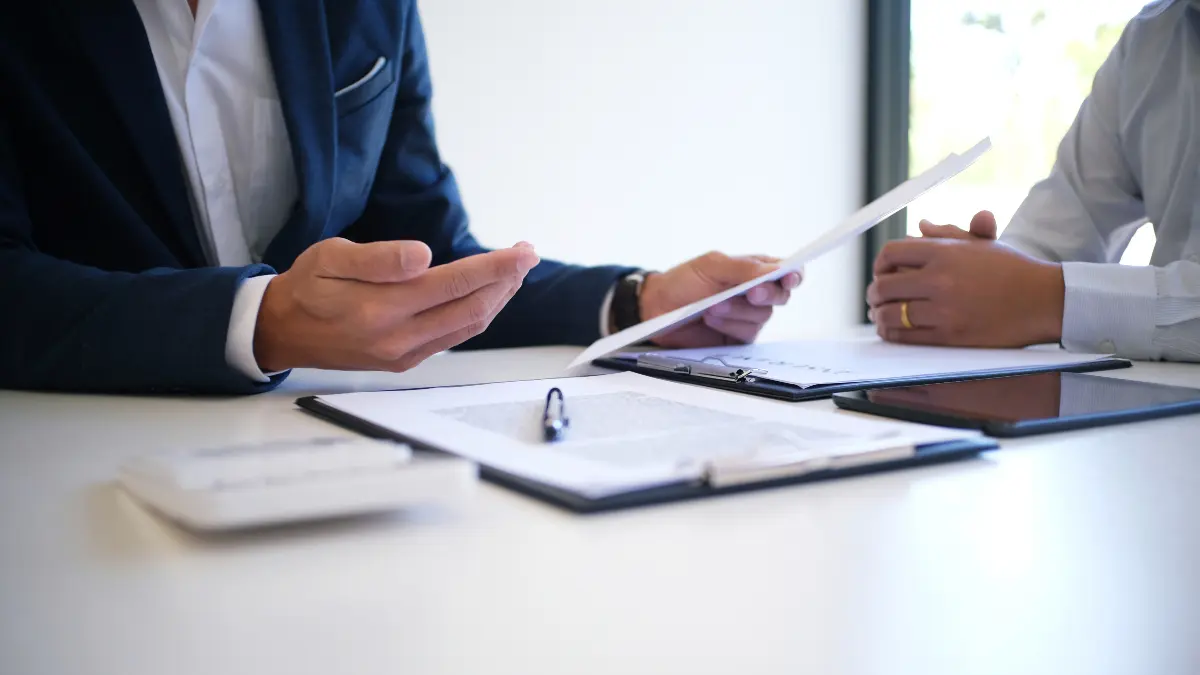Slip and fall accidents on someone else’s property or establishment are sometimes inevitable. However, not all injuries sustained in these scenarios are due to negligence of the owner of the property or management. On the other hand, if someone else’s carelessness causes you injury on their property, you can file a claim for negligence to get compensation for the injuries caused.
Elements You Need To Prove Negligence In A Slip And Fall Case
Even though slip and fall cases are more frequent than you would imagine, they can be difficult to prove. To claim compensation for injuries in a slip and fall case, you first have to prove the negligence of the owners or management of that property.
To prove that the property owners or managers were negligent, you need to establish that:
- They had a duty of care to ensure your safety on their property
- They were negligent in fulfilling that duty of care
- Their negligence caused you injuries
- As a result of those injuries, you suffered damages.
Duty of Care
The first step towards establishing a slip-and-fall claim is to prove that the person in charge of the property owed you a duty of care but breached it. Property owners typically have a duty to keep them in a safe condition to avoid injury to other individuals or they will be liable for any accidents that happen.
However, the duty of care owed you depends on the way by which you gained entry onto the property, and your relationship with the property owner. The attorneys at https://www.earlandearl.com/colorado-springs/slip-and-fall-attorneys/ believe these distinctions are important to have. This is because the proof needed to establish your case and be entitled to compensation heavily depends on the category of entrant you belong to.
The Different Categories of Entrants
1. Invitees: These are people who have been legally invited to be on the premises by the owners for some type of purpose (e.g customers to a business, clients at an office, etc.). The property owners owe them the highest duty of care and can be held liable for any hazard that befalls the guests due to their negligence.
2. Licensee: These are social guests who legally gain access to the property when it is not accessible to the general public. It is the duty of care of the owner to warn them about known hazards that they could have missed. Property owners are only liable when this is neglected.
3. Trespassers: These are people who find themselves in places where they legally should not be. They are only owed the least duty of care and if any hazard befalls a trespasser, the owner cannot be held liable because they were not expected to be there.
As you can see, the only way to establish a claim is if you can prove that you are an invitee or, at worst, a licensee.
Negligence
To prove negligence, you have to show that the property owner failed to act in a manner that could have prevented the injury and is completely liable. Another thing to consider when proving negligence is the timing between events. For example, if water spilled on the floor and sufficient time had passed for the owner or any of their employees to have discovered and cleaned the water but didn’t, then you can prove that their negligence caused your accident. However, if not enough time had passed for it to be noticed, the defense may argue that the owner did not have enough time to notice the spill.
Other areas where negligence can cause a slip and fall accident include leaks, uneven floors, or even environmental influences like tracked-in rainwater.
Responsibility
This is probably the hardest part of establishing a claim of negligence because you have to prove beyond all reasonable doubts that someone else’s negligence was the cause of your accident.
However, there are some instances where your actions can contribute to your accident. For example, you tracked in the rainwater and slipped on the floor. Also, if you were on your phone and that was the reason you could not avoid the pool of water, the defense might argue that you contributed to the accident. In Colorado Springs law, this is called comparative negligence. If it is established that you also played a role in your fall, you may still recover compensation but it will be significantly reduced in proportion to your share of the blame.
So you see, establishing a claim of negligence in a slip and fall case is not as open and shut as you would expect it to be. If you attempt to build a claim on your own, you might leave too many openings for the defense to take advantage of and have your claim thrown out. However, with the right slip and fall attorneys, gathering substantial evidence to back your claims should be a walk in the park.
